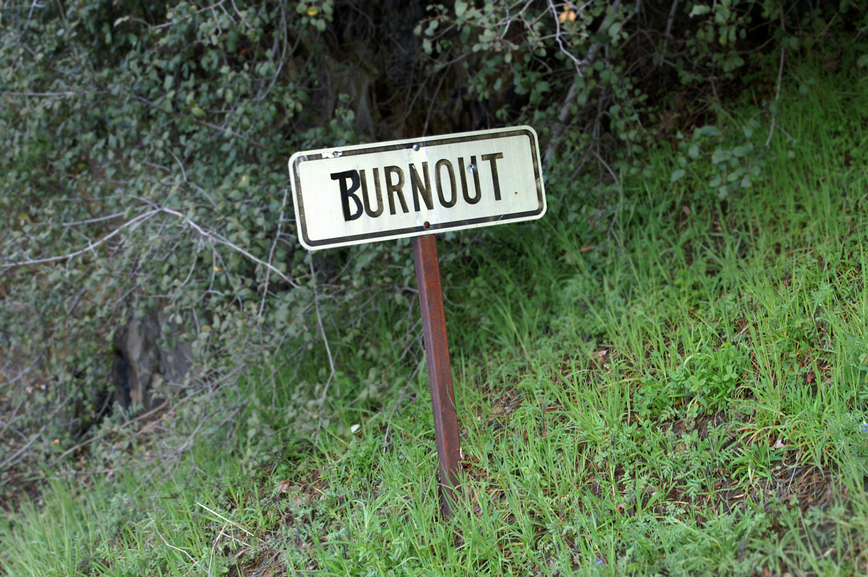It’s ideal when families can come together to share in the caretaking of elderly parents but more often than not, one sibling, often the female or stay-at-home mother, ends up with the lion’s share of the workload.
Even if the duties are shared equally between siblings or other relatives, women are usually the emotional caretakers of both children and parents as well as doing much unpaid work though schools, religious and other community organizations.
According to a Statistics Canada 2012 Caregiver study, 8.1 million Canadians provide care for a friend or family member and a quarter of those are “sandwiched” between giving care and raising their own children. Most of them were women helping their own or their spouse’s parents while having at least one child under 18 living at home.
Caregiving can become a source of stress when too many responsibilities and tasks pile up, leaving the caregiver with psychological distress. Those who care for the elderly suffering from dementia and Alzheimer’s often report high emotional stress, severe fatigue and depression according to Janice Keefe, a Canadian leader in research preparing the health system to care for older adults.
We have all heard it before but mothers of young children and daughters of elderly parents all need to practice self-care in order to remain healthy and able to continue providing support for loved-ones. Finding time to exercise, eat well and get proper rest all contribute to overall health.
The Victorian Order of Nurses provides caregiver support and education as well as in-home adult respite care and Alzheimer Day Programs. For more information about services and supports, visit www.von.ca/services/program_listing.aspx?cat=1 .






Add Your Voice
0 Comments
Join the Discussion